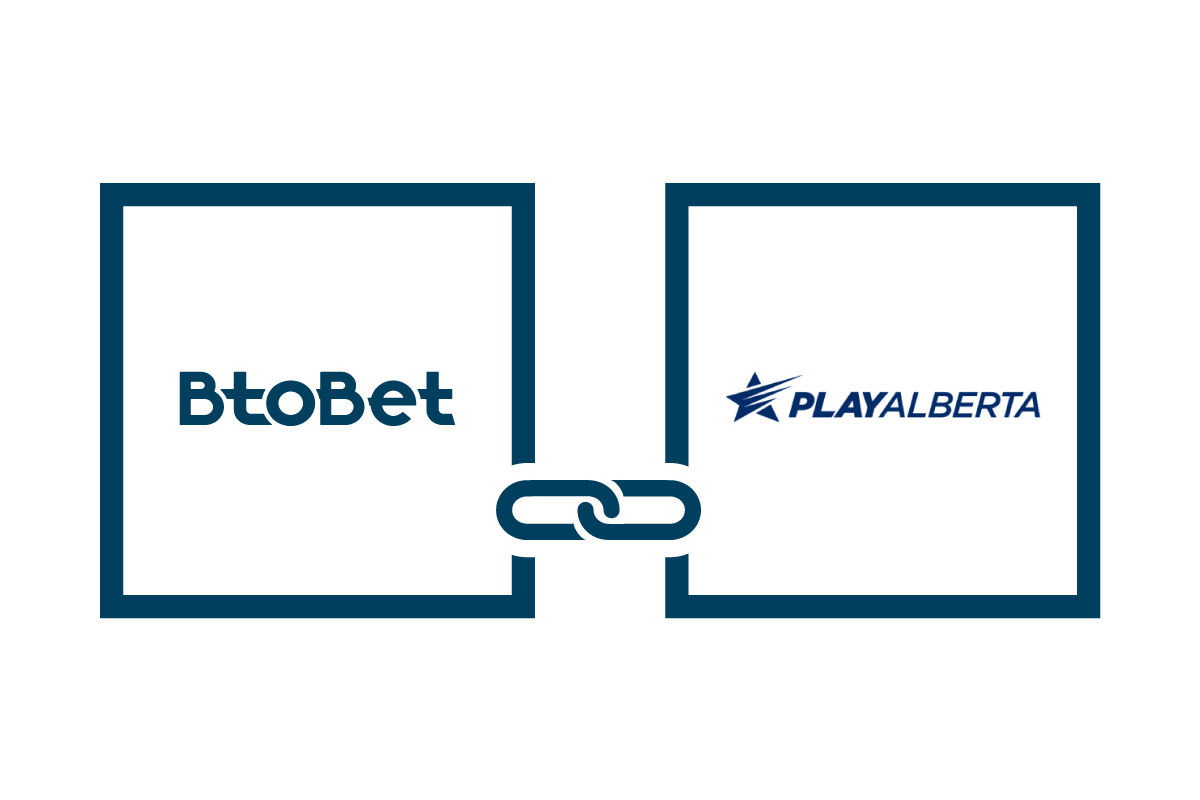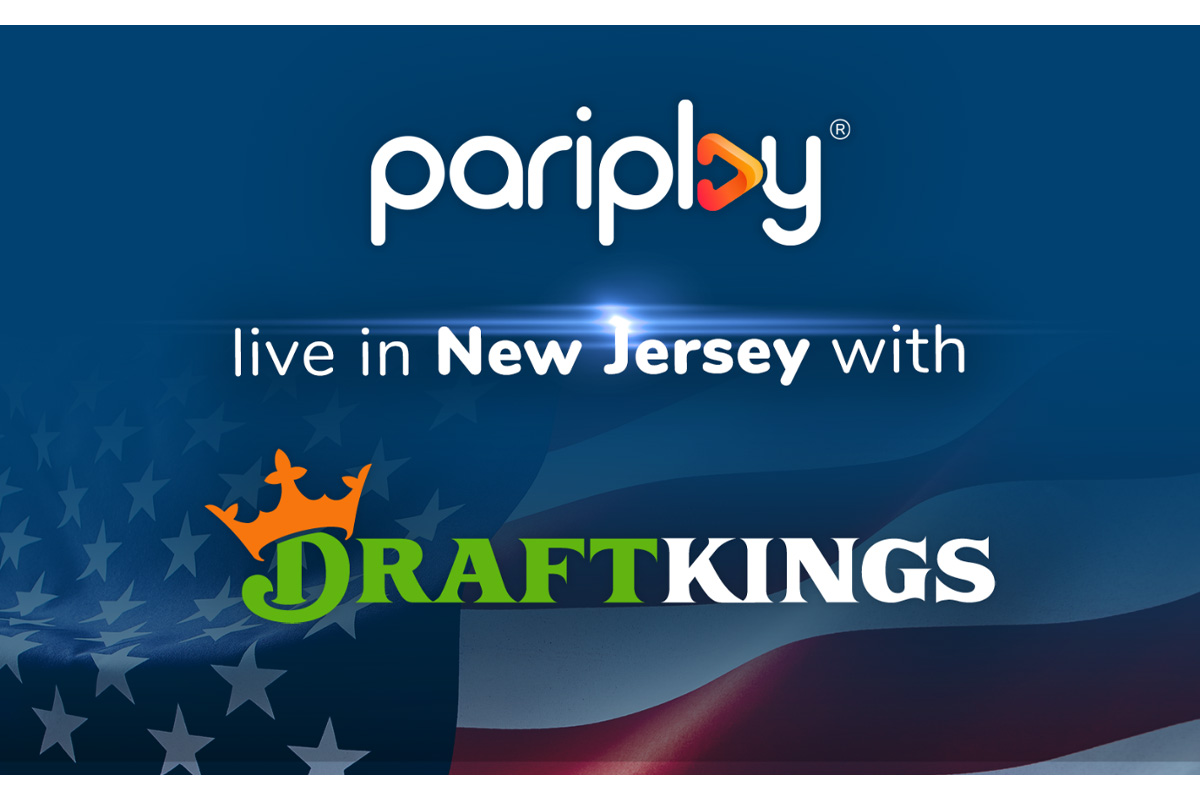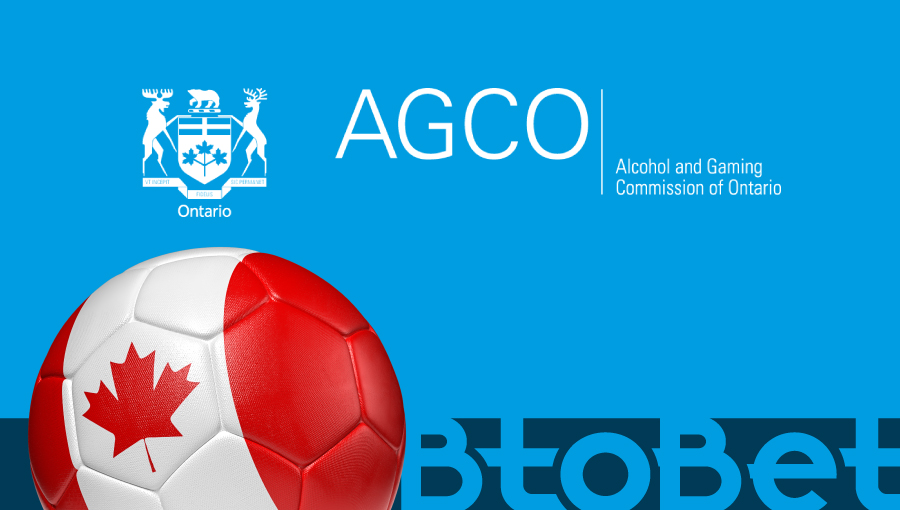Gambling in the USA
Could PAM be the key to the US opportunity?

The US holds untold potential as it steadily regulates and many believe that an advanced, smart Player Account Management (PAM) system should be a priority for operators wishing to reap those rewards.
Gaming Americas spoke to four of the industry’s premier PAM professionals to find out what operators should be on the lookout for.
- Tsachi Maimon, CEO, Aspire Global (TS)
- Rob Fell, White Hat Gaming, COO (RF)
- Brandon Walker, Business Development Manager, Amelco (BW)
- Chris Looney, Chief Commercial Officer at Bragg Gaming Group and ORYX Gaming (CL)
As the US becomes more regulated, what advantages does a Player Account Management (PAM) system offer?
 TS: The US is growing rapidly and nobody wants to be late to the party. Right now, operators are in a huge rush to go with any available product that is ready-for-market, and some are taking the M&A route to solve this issue. We recently saw that DraftKings acquired BlueRibbon for the jackpot product they developed, as well as Bally’s tabling a bid for Gamesys to improve its digital platform capabilities. However, most operators do not have a budget to acquire products and instead need to lean on third-party providers to build their business.
TS: The US is growing rapidly and nobody wants to be late to the party. Right now, operators are in a huge rush to go with any available product that is ready-for-market, and some are taking the M&A route to solve this issue. We recently saw that DraftKings acquired BlueRibbon for the jackpot product they developed, as well as Bally’s tabling a bid for Gamesys to improve its digital platform capabilities. However, most operators do not have a budget to acquire products and instead need to lean on third-party providers to build their business.
Rather than going down a similar route of acquiring technology layer by layer, the advantages of using a PAM solution are clear. The operator can differentiate within CRM and segment players for superior engagement. In addition, each US state has differing regulatory requirements. If you are building infrastructure for an individual state, that means you need to repeat that process time and time again. Our PAM system offers a single infrastructure that can be rolled out quickly, for fast, seamless entry into multiple states. We call this a ‘state in a box’.
 BW: A PAM system should be the engine that powers the full solution and does exactly what it says on the tin. At Amelco, we’re able to deliver a full-service ecosystem for gaming that combines all verticals (eSports, Sportsbook, Casino etc) powered by our own PAM, which offers multiple components that take the customer through the full journey.
BW: A PAM system should be the engine that powers the full solution and does exactly what it says on the tin. At Amelco, we’re able to deliver a full-service ecosystem for gaming that combines all verticals (eSports, Sportsbook, Casino etc) powered by our own PAM, which offers multiple components that take the customer through the full journey.
The ability to offer this is especially key in the US – where a full PAM system is a necessity for delivering a 360-degree offering in what is, in effect, only recently online territory. A 360 offering can help an operator stand out and not all leading sportsbook suppliers have this, and they’ve certainly felt the impact.
The wallet element of the PAM system is the real differentiator, and the more dynamic your customer journey is, the more your offering will resonate with a modern American player that expects speed and convenience. At the end of the day, solid foundations are the name of the game in the US, and having a powerful PAM effectively reduces the need for an operator to create a dedicated department. Coupling that with the retention numbers the solution provides is a recipe for success.
 RF: A single instance of PAM back office or administration for the operator allows for the viewing of revenue reports, player behaviour and analytics, configure CRM, define segmentation and set bonus programmes in place. This is a clear advantage and allows for the management of sports, casinos and more in an incredibly lean and efficient way.
RF: A single instance of PAM back office or administration for the operator allows for the viewing of revenue reports, player behaviour and analytics, configure CRM, define segmentation and set bonus programmes in place. This is a clear advantage and allows for the management of sports, casinos and more in an incredibly lean and efficient way.
 CL: A successful PAM provider offers rapid, in-house integration of content alongside features such as a product-wide bonus system, integrated and capable CRM and a tightly integrated Data Warehouse solution. Crucially as more states open up, built-in compliance parameters which can be easily configured for each jurisdiction are a must. A system that offers efficient player acquisition and retention options are also beneficial as operators scramble to gain market share in new territories.
CL: A successful PAM provider offers rapid, in-house integration of content alongside features such as a product-wide bonus system, integrated and capable CRM and a tightly integrated Data Warehouse solution. Crucially as more states open up, built-in compliance parameters which can be easily configured for each jurisdiction are a must. A system that offers efficient player acquisition and retention options are also beneficial as operators scramble to gain market share in new territories.
The winners will be those B2B providers that can offer full-stack solutions, meaning the possibility to handle both back-end and front-end services. Full-stack solutions are better integrated and provide a service which is much better received by end-users. Through our growing stable of brands, technology and content including the ORYX PAM and player engagement features, at Bragg we offer the lot.
What PAM features are going to be important to operators as the US market evolves? How will these be implemented?
RF: Both generic, such as player protection features, and state-specific RG and reporting functionality will be key. To succeed and to keep up with the expected pace of states going live, these modules need to be flexible to keep up with new requirements, but also scalable so they can work across the platform, varying states and customer needs.
For some PAMs like White Hat Gaming, this is based on learnings taken from work that has been done for the EU regulated markets and this will really help especially as it’s expected that some states will follow the UK’s lead. The second part is a tight integration of land-based offerings. This will mean that payment integrations with machines, cages and also API to proprietary loyalty schemes will become increasingly important to optimising cross-sell in both directions.
Obviously, there are other features, such as fully integrated bonus tools and intuitive marketing campaign segmentation and orchestration, that should be tightly coupled to the PAM.
TS: There are three key elements within a strong, successful PAM. First, it provides the ability to connect a player wallet to many integrations – everything from payments to content providers and KYC. Second, there is the creation of automated funnels for onboarding players, collecting documentation and creating scalability for the operator. Third, it is the ability to programme advanced CRM and promotional tools and to then communicate these through many different channels. All of this comes together to create higher player value for the operator.
It is also true that in the US as with other markets, the PAM alone is not enough. We approach operators with our full package of sportsbook and casino products and services, including managed services, in order to appeal to land-based businesses in the US that want to move online.
CL: Responsible gaming products are paramount for all stakeholders, both to fulfil responsibility requirements and guarantee business sustainability. We have already started seeing a shift from traditional responsible gaming tools such as self-exclusion, reality checks and spending limits, to more advanced solutions capable of detecting and preventing addiction. Responsible gaming is more important than ever and identifying and preventing harmful behaviour is a priority for all.
We also expect that player engagement tools will be key in the US and, given the existing interest in social and gamification features, familiarity and demand will be high.
PAM suppliers with experience in land-based and omni-channel solutions will also have an advantage. Mobile is king, but an understanding of retail solutions and methods of delivery through various channels could make the difference.
BW: There’s one main gamechanger – KYC, and, in particular, the ability to offer single logins across multiple states. To put this in perspective, as it stands for many, old-school operators need their customers to download a new app each time they cross state lines, which is a real headache. Removing this obstacle is going to be essential for many when it comes to scale.
The way I see it, it’s all about creating solutions that are unique to the US market, and these need to suit the completely new dynamic that the US presents. Such KYC-based features need to offer a solution that makes it as easy to get involved in the action as soon as possible. Each additional minute lost during the sign-up process effectively means a loss of initial retention. Of course, that’s starting to change now, with the likes of Iowa’s elimination of the need for players to initially register on-site with a casino sportsbook being a good example. Of course, a solid bonus engine is also crucial to what the PAM can offer.
Scalability will be important in such a fluid environment, what challenges does this pose in the development of a PAM offering and how can those be overcome?
CL: The US market is expected to bring a very high number of players/transactions, which will require the platforms to have powerful and scalable solutions capable of coping with the traffic. It will be essential for suppliers to ensure the very lowest downtime and the fastest disaster recovery times. The US market will demand the highest standards and the penalties will be high, so providers must be on top of this.
TS: Features that are crucial to scalability include automation, the seamless onboarding of the customer and cash-out options. In the mass market, with so many players involved, it is crucial that manual processes are removed from the equation in order to grow.
I believe the high double-digit growth we have seen in the existing US states will continue for the next few years. Back in Europe, the first regulated markets grew dramatically in the beginning, but experience dictates that after that initial period, US regulators will re-assess the situation and that could have an adverse impact on limiting operator growth, effectively stabilising the market.
RF: Scalability in this sense to us isn’t just about being able to cope with traffic for the Super Bowl or the Kentucky Derby, it’s about quickly being able to scale across multiple states, adding multiple clients, supporting multi-app and product strategy while offering single instances of back office, CRM and bonus tools.
Trying to retrofit this scalability to old tech stacks is challenging so PAMs that have been developed from scratch with this in mind will overcome this type of scaling issue much more effectively.
BW: It’s all about single login and a single app. Operators need to be able to scale across multiple states, which means a hub-and-spoke architecture design that can enable a singular HUB to power spokes across numerous jurisdictions via one app. This is not yet mainstream in the US, but this is what operators need to start doing if they want to lay claim to a national presence.
The design, look and feel of such an app is also essential – and we need to remember this is one of the world’s most discerning markets for customer UX when it comes to entertainment. This means the ability to offer differentiators is key, such as bonus campaigns with interchangeable widgets – all embedded with casino – removing any need for a separate casino app, and potentially a further loss of retention.
Gambling in the USA
Catawba Two Kings Casino Resort Rising in Kings Mountain as First Year of Construction is Completed

Significant construction has been completed during the first year of work on the $1 billion Catawba Two Kings Casino Resort in Kings Mountain, N.C., a site off Interstate-85 only 35 miles from Charlotte and close to the South Carolina border.
Construction on all aspects of the project is in full swing, with the foundations for the casino complex and hotel completed several months ago, the casino complex at its full height and expanding horizontally, and steel continuing to rise for the 24-story, 385-room hotel. The hotel tower framing is now 10 stories high, with an additional floor being added nearly every week. At completion, the hotel will be connected to the casino complex.
The casino complex includes the introductory casino on the first level, three levels of covered parking, a back-of-house level and top level with the main casino floor and restaurants. The introductory casino, set to open in spring 2026, will include 1350 slot machines, 20 table games, a 40-seat restaurant, a bar, sports betting kiosks, and Lucky North Rewards desk.
The introductory casino will replace the current temporary (prelaunch) casino, which continues to grow in popularity as it nears its fourth anniversary on July 1.
The main casino complex is targeted to open in 2027. It will be about 2 million square feet and feature:
• 4300 slot machines
• 100 table games
• 11 dining outlets, including a steakhouse, Italian restaurant, marketplace with six venues, café, and grab-and-go outlet
• A players lounge
• 11 bars, including a center bar and sports bar
• A 2700-space parking garage built under the casino complex and 800 surface parking spaces
The project has created hundreds of construction jobs. Upon completion, the casino resort will employ an estimated 2200 regional residents and citizens of the Catawba Nation.
“This casino resort will be an economic game changer for Catawba citizens and a force to drive the economy of Cleveland County and the City of Kings Mountain. This project is a testament to our resilience, our commitment to self-sufficiency, and our determination to build a better future for ourselves and our future generations,” Catawba Nation Chief Brian Harris said.
Harris noted the temporary casino is contributing to many community and charitable organizations in the region, and that will only increase as the full casino resort opens.
The project is being led by the Catawba Nation Gaming Authority under Vice President Trent Troxel, with Yates-Metcon as the construction general contractor; Delaware North as the gaming management, development and hospitality consultant; and SOSHNY Design architects.
“Once again, I want to thank the Cleveland County, City of Kings Mountain, federal and state leaders who have supported the Catawba Nation’s efforts develop the casino resort in its ancestral lands in North Carolina,” Harris said.
Work has also been completed on two key infrastructure projects for development of the permanent casino resort that were funded by the Catawba Nation: doubling the size of the Dixon School Road Bridge over I-85 near the casino entrance and installing new sewer lines near the casino.
Gambling in the USA
Seminole Hard Rock Hotel & Casino Tampa Named Luckiest Casino in US by Casinos.com

Seminole Hard Rock Hotel & Casino Tampa has been named the luckiest casino in the US according to a recent study conducted by Casinos.com. The resort claimed the top spot based on an in-depth analysis of Tripadvisor reviews, measuring the frequency of luck-related keyword mentions.
With a 25.49% luck rate, Seminole Hard Rock Tampa topped the list thanks to glowing guest feedback, including frequent mentions of jackpots, hand pays and bonus wins. 50 reviews mentioned the word “jackpot,” and 19 even referenced a “hand pay.”
Casinos.com tracked keywords such as lucky, luck, won, winning, success, jackpot, hand pay, winner, bonus, profit to determine which U.S. casinos inspired the most winning moments among visitors.
“I hit 4 jackpots. I stayed one night. I had a blast. The machines are as loose as anywhere else,” wrote one Tripadvisor reviewer, noted Casinos.com, capturing the essence of why the casino landed in the No. 1 spot.
“We’ve always known this was a lucky casino, but it’s exciting to see that recognized through data-driven research. It’s a testament to the vibrant energy on our casino floor and the unforgettable experiences we strive to create for every guest,” said Steve Bonner, President of Seminole Hard Rock Hotel & Casino Tampa.
The ranking reinforces Seminole Hard Rock Tampa’s reputation as one of the premier gaming and entertainment destinations in the US. Seminole Hard Rock Tampa was not involved in the study and was unaware of it until the results were publicly released.
Over the past year, Seminole Hard Rock Tampa has paid out nearly 839,000 jackpots totaling more than $2.45 billion, continuing to deliver thrilling high-stakes gaming. Since May 1, 2024, the casino resort has awarded 375 jackpots of $100,000 or more, amounting to an impressive $61 million in winnings. Notably, 47 of those massive wins stemmed from bets of $5 or less and nine came from wagers of $3 or less.
Seminole Hard Rock Tampa offers a fully integrated casino experience with a sleek, modern design and welcoming atmosphere of 245,000 square feet of gaming space and entertainment. With 5230 of the hottest slot machines and a full range of table games such as poker, blackjack and baccarat, there is no shortage of opportunities to win. Additionally, guests can enjoy live craps, roulette, and sports betting at their leisure.
Gambling in the USA
California Gambling Control Commission Advances Licensing, Tribal Partnerships, and Responsible Gaming Initiatives

Sacramento, CA — In a meeting packed with regulatory updates and licensing decisions, the California Gambling Control Commission (CGCC) convened on April 24 to advance numerous agenda items impacting the state’s gambling landscape—from tribal gaming approvals to responsible gambling programs and operator renewals.
Problem Gambling & Public Health Takes the Stage
The Commission meeting opened with a presentation by Sosha Marasigan-Quintero from the California Department of Public Health, offering an overview and update on the California Problem Gambling Treatment Services Program. While no specific staff recommendations were provided, the update underscores California’s continued focus on behavioral health in gambling.
Tribal Revenue Distribution Approved
The Commission approved the quarterly distribution of payments from the Revenue Sharing Trust Fund to eligible recipient Indian Tribes. This routine, yet vital, procedure ensures the equitable distribution of revenue to support tribal sovereignty and infrastructure across the state.
Cardroom Licensing: Approvals and Extensions
Among key licensing matters:
-
500 Club Casino (K & M Casinos, Inc.) received both initial and renewal owner-type license approvals through January 2027.
-
Casino Chico, Hollywood Park Casino, and Lake Bowl Cardroom were granted renewals and short-term extensions, some with conditions such as improving record-keeping systems or ensuring regulatory compliance ahead of reopening.
-
Hotel Del Rio & Casino was granted a 60-day extension under several strict conditions, including updated safety plans and the restatement of commingled financial records.
Key Employee Licensing Actions
The Commission approved several initial and renewal key employee licenses. Notably:
-
Jeffrey Thompson was approved with a condition prohibiting involvement in illegal gambling activities.
-
Kevin Lee and George Rahme received 120-day extensions for renewal processing.
Third-Party Proposition Player Services Under Scrutiny
The Commission approved both initial and temporary licenses for Fortune Players Group, Inc., with a lengthy list of conditions tied to the conduct of a former associate, Rene Medina. These conditions highlight the Commission’s ongoing vigilance in monitoring third-party player services and maintaining compliance across operations.
Progressive Gaming, LLC was also approved for an initial license, further expanding third-party service provider capacity.
Gaming Resource Suppliers & Tribal Approvals
Initial suitability findings for several prominent tribal gaming resource suppliers were approved, including:
-
HCAL, LLC
-
JCM Global
-
Konami Gaming, Inc.
-
PDS Gaming, LLC
Dozens of tribal gaming employees were also approved for key positions at tribal casinos across California, reflecting the Commission’s continued support of tribal gaming operations and the necessary workforce to support it.
Notable Withdrawals and Denials
In two notable cases, requests to withdraw license applications—Josephine Hoang and Jesus Bojorquez—were denied, signaling the Commission’s increased scrutiny and emphasis on applicant accountability.
A Broader Look Ahead
With regulatory reform on the horizon and ongoing efforts to promote responsible gaming, the April 2025 CGCC meeting showcased a mix of routine license management and deeper engagement with emerging compliance issues. As the Commission prepares for the next quarter, the groundwork laid in this session will likely influence policy developments and enforcement trends across California’s gambling sector.
-

 eSports7 days ago
eSports7 days agoBETBY EXPANDS LATAM FOOTPRINT WITH MOBADOO ESPORTS PARTNERSHIP
-
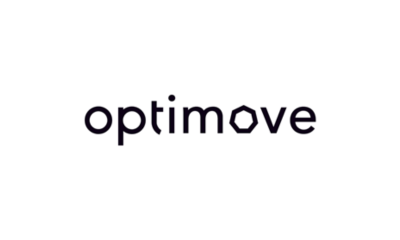
 Latest News6 days ago
Latest News6 days agoOptimove and EveryMatrix Launch Real-Time Integration to Power Smarter Marketing for iGaming Operators
-
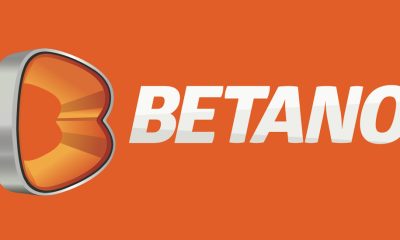
 Latest News6 days ago
Latest News6 days agoBetano, Official Sponsor of CONMEBOL Copa América Femenina 2025™
-
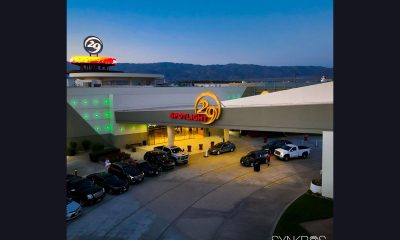
 Latest News6 days ago
Latest News6 days agoSpotlight 29 Casino and Tortoise Rock Casino to Launch Konami Gaming’s SYNKROS Casino Management System
-

 Compliance Updates6 days ago
Compliance Updates6 days agoNew Bill in California Could End Online Sweepstakes Gaming
-

 Central America6 days ago
Central America6 days ago21VIRAL Boosts Latin American Reach Through Strategic Partnership with Virtualsoft
-

 eSports6 days ago
eSports6 days agoEsportes da Sorte celebrates Brazilian culture with Parintins and São João Sponsorships
-
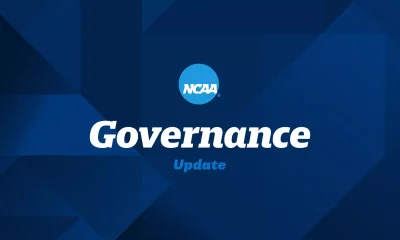
 Compliance Updates6 days ago
Compliance Updates6 days agoNew Initiative from DI Council Aims to Enable Betting on Professional Sports








